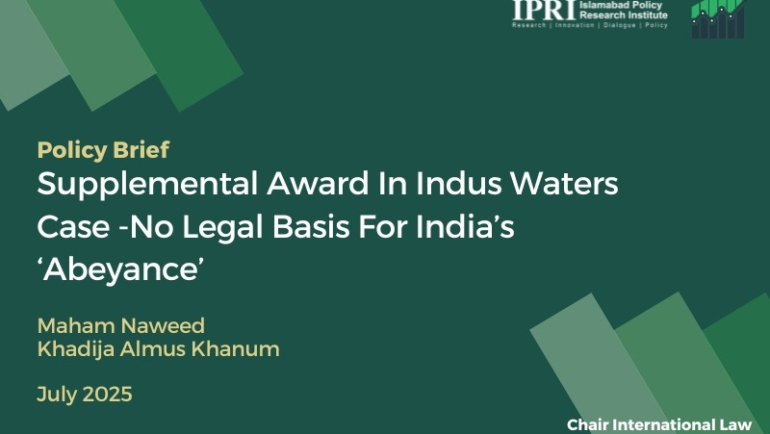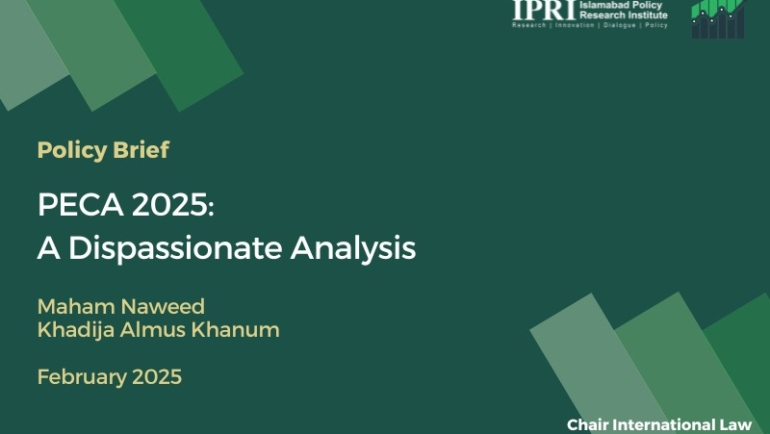Policy Brief 29/08/2025
Since 1947, India has been Nepal’s principal trading partner, influencing significantly the dynamics of its foreign economic relations. Due to Nepal’s landlocked status and restricted access to the international market, India became the natural hub for the former’s commercial ecosystem. Nepal relies heavily on India for its trade routes, with key elements of its economic landscape i.e. trade routes, fuel, and corporate sector, dominated by India. Their bilateral relationship reflects strong elements of monopoly, domination, hegemony, and dependency in both economic and political domains. India is cautious of Nepal opening up to other regional states because Nepal’s growth does not serve India’s economic as well as strategic interests. Exercising its economic leverage, India imposed multiple blockades on Nepal, undermining its economic security and sovereignty. The 2015 blockade was a watershed moment, convincing policy-makers in Kathmandu of the risks of dependence on India. The six-month long blockade was imposed as a result of promulgation of Nepalese constitution, leading to severe shortage of essentials like fuel, medicine, and food supplies. The prices of goods sky-rocketed because of shortage of supply in the markets, exacerbated by 2015 earthquake. In this backdrop, Pakistan’s dealing with its land-locked neighbour-Afghanistan- in terms of trade is a testament to Pakistan’s rational, pragmatic, and peaceful approach that makes it a reliable partner, rather than an aggressive hegemon. Taking lessons from the engagement between Pakistan and Afghanistan, Nepal can enhance its bilateral engagement with Islamabad. Where on the one hand, it will help Nepal plummet its dependency on India, on the other hand, it will help enhance regional connectivity, inviting states like China to bring in infrastructure development and connectivity routes.


